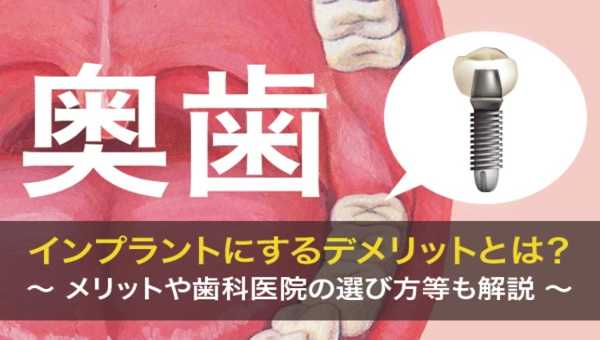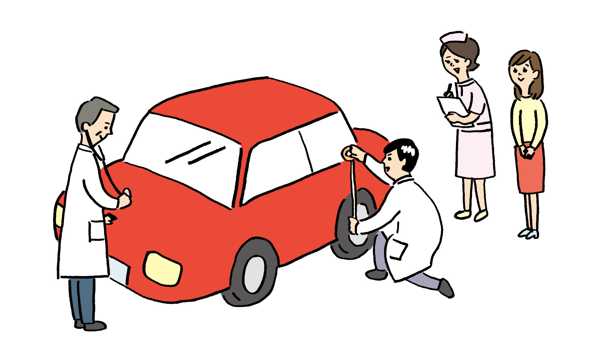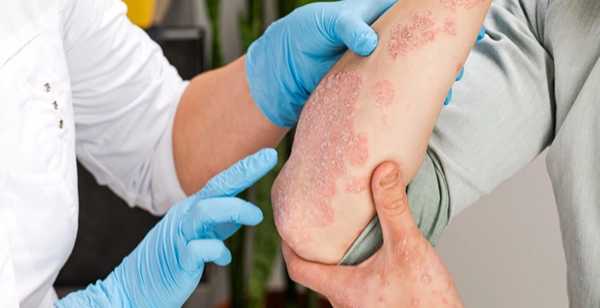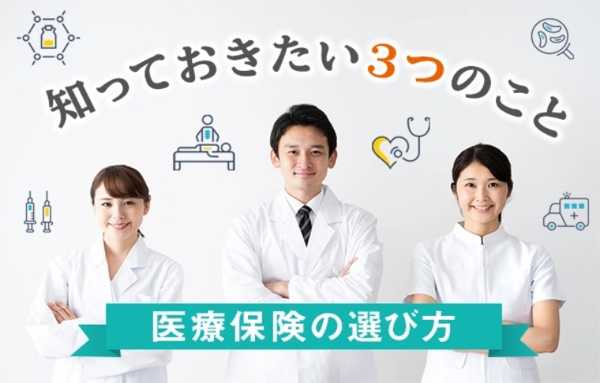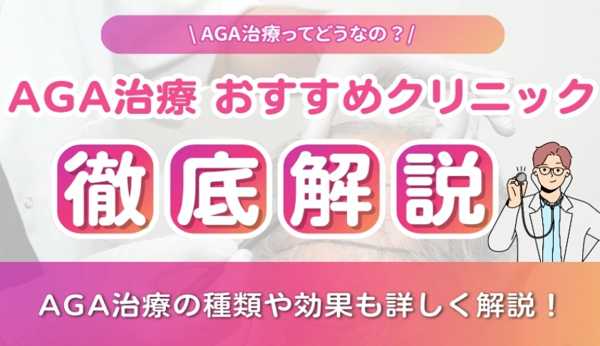中古住宅を高く売る|3カ月で30%高くする実践テクニック
Affordable HIV and AIDS Treatment Options for U.S. Residents in 2025
For individuals living with HIV or AIDS, access to affordable healthcare is crucial for managing the condition and maintaining a high quality of life. With numerous resources and treatment options available, it is possible to find care that suits both your medical needs and your financial situation. This guide provides essential information on navigating treatment, finding affordable care, and managing HIV and AIDS effectively.
For individuals living with HIV or AIDS, access to affordable healthcare is crucial for managing the condition and maintaining a high quality of life. With numerous resources and treatment options available, it is possible to find care that suits both your medical needs and your financial situation. This guide provides essential information on navigating treatment, finding affordable care, and managing HIV and AIDS effectively.
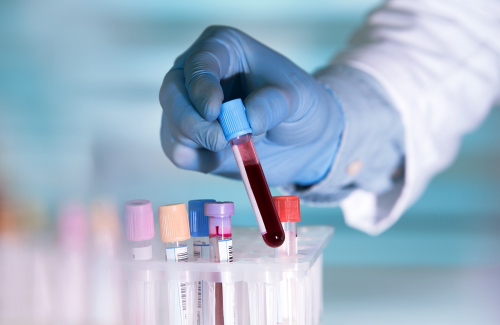
Introduction
As of 2024, millions of people in the U.S. live with HIV or AIDS. Although the cost of treatment can be a significant concern, there are a variety of resources available that can help you access affordable care. This guide will provide insight into how to obtain HIV and AIDS treatment at a lower cost, recognize symptoms early, and manage your health effectively without financial strain.
What You Should Know About HIV and AIDS
HIV (Human Immunodeficiency Virus) is a virus that attacks the body’s immune system, specifically targeting CD4 cells (T cells). If left untreated, HIV can weaken the immune system and progress to AIDS (Acquired Immunodeficiency Syndrome), which is the most advanced stage of HIV, where the body becomes vulnerable to opportunistic infections.
AIDS: At this stage, the immune system is severely damaged, making individuals highly susceptible to infections like pneumonia or tuberculosis. However, with modern treatment, people with HIV can live long and healthy lives without progressing to AIDS.
Symptoms of HIV and AIDS
Recognizing symptoms early can lead to earlier diagnosis and better treatment outcomes. Here are common signs to be aware of:
Early Symptoms of HIV:
- Unexpained fever or night sweats
- Swoen ymph nodes
- Skin rashes
- Musce aches and joint pain
- Fatigue and weakness
Symptoms of AIDS:
- Unexpained weight oss
- Persistent diarrhea
- Chronic fatigue
- Opportunistic infections (such as tubercuosis or pneumonia)
- Swoen ymph nodes that persist
- Night sweats and proonged fevers
Affordable Treatment Options
Despite the high cost of some treatments, several resources and programs can make HIV and AIDS care more affordable. Here’s a breakdown of key options:
1. Government Programs
- Ryan White HIV/AIDS Program: This federay funded program heps those who do not have adequate heath insurance or resources. It provides free or ow-cost HIV treatment, incuding medications, medica care, and support services.
- Medicaid: Medicaid covers HIV treatments in many states. If you quaify for Medicaid, you can receive heath coverage that incudes medications and other heathcare needs, often at itte or no cost.
2. Generic HIV Medications
Generic medications are often much more affordable than their brand-name counterparts. Generic versions contain the same active ingredients and are just as effective. Ask your doctor about generic options that may be suitable for your treatment plan.
3. Patient Assistance Programs (PAPs)
Many pharmaceutical companies have Patient Assistance Programs that offer free or discounted medications for those who meet certain eligibility criteria. Websites like NeedyMeds and RxAssist can help you find these programs and determine if you qualify for support.
4. 340B Drug Pricing Program
The 340B Drug Pricing Program allows eligible healthcare providers to purchase medications at a reduced price and pass the savings on to you. If you are receiving care from a federally qualified health center or another eligible provider, inquire about the 340B program.
Practical Tips for Managing HIV
In addition to medications, adopting a healthy lifestyle is vital for effectively managing HIV. Here are some tips to help you improve your health:
1. Stick to Your Medication Regimen
Consistently taking your prescribed HIV medication is essential for maintaining viral suppression and preventing drug resistance. Skipping doses or stopping medication early can lead to complications.
2. Eat a Nutritious, Balanced Diet
A healthy diet helps strengthen the immune system. Focus on foods rich in vitamins, minerals, and antioxidants, such as fruits, vegetables, lean proteins, and whole grains. Avoid processed foods and limit sugar intake.
3. Regular Exercise
Physical activity not only improves cardiovascular health but also helps boost your immune system, reduce stress, and improve mental well-being. Aim for at least 30 minutes of moderate exercise most days of the week.
4. Mental Health Support
Living with HIV can take a toll on your mental health. It’s important to seek counseling, join support groups, or connect with others who are living with HIV. Managing stress and emotions is crucial for overall well-being.
How to Find Affordable Medications
The cost of HIV medications can vary, but there are several strategies to reduce these costs:
1. Shop Around Using Price Comparison Tools
Websites like GoodRx allow you to compare medication prices at different pharmacies in your area, helping you find the most affordable options.
2. Mail-Order Pharmacies
Mail-order pharmacies may offer lower prices and the convenience of home delivery. Check if your insurance plan offers a mail-order pharmacy option.
3. Trusted Pharmacies
Use pharmacies approved by your insurance provider to ensure you get the best price. In-network pharmacies often provide discounts or rebates for medications.
4. Discount Programs
Many pharmaceutical companies offer discount cards or coupons that can significantly reduce the price of HIV medications. Ask your doctor or pharmacist about available discounts.
Conclusion
Finding affordable HIV and AIDS treatment is possible with the right knowledge and resources. Whether you qualify for government programs like Medicaid or the Ryan White Program, seek out generic medications, or take advantage of Patient Assistance Programs, there are numerous options to help reduce the cost of care.
Adopting healthy lifestyle habits such as regular exercise, proper nutrition, and mental health support can further enhance your quality of life. It’s essential to work closely with your healthcare provider to create a personalized treatment plan that meets both your medical and financial needs.
By leveraging these resources, you can manage your health effectively and live a fulfilling life while navigating the complexities of HIV or AIDS treatment. Always remember, early diagnosis, adherence to treatment, and support systems are key to living well with HIV.
